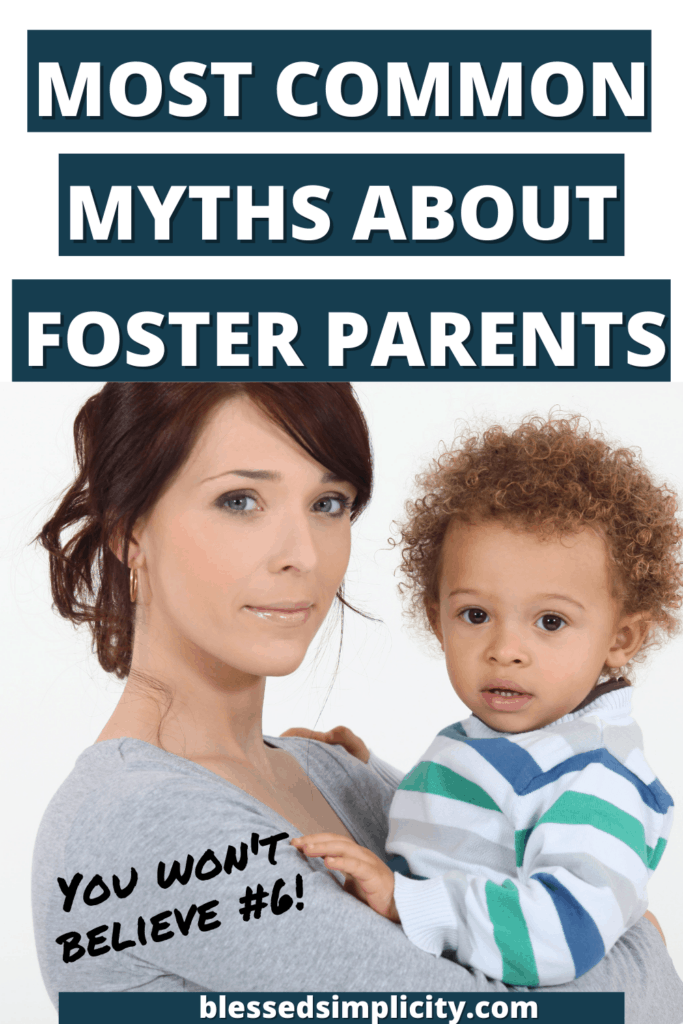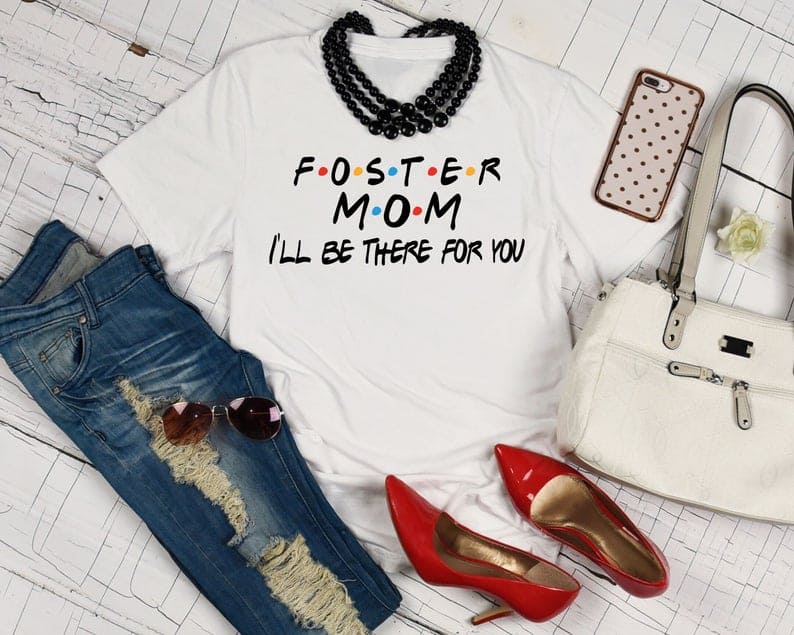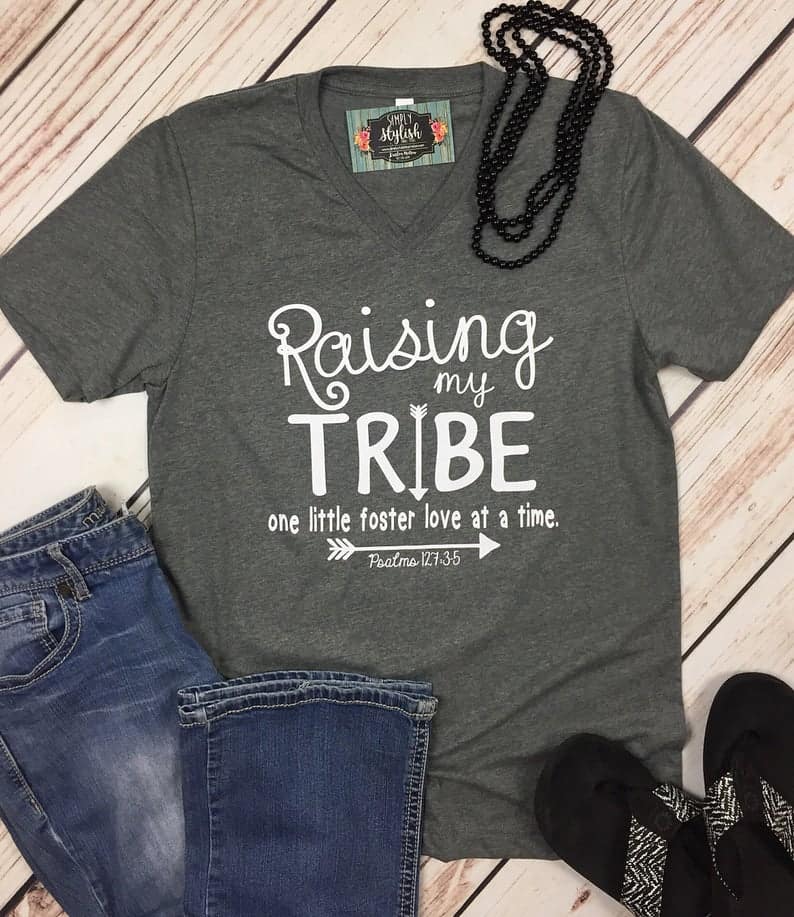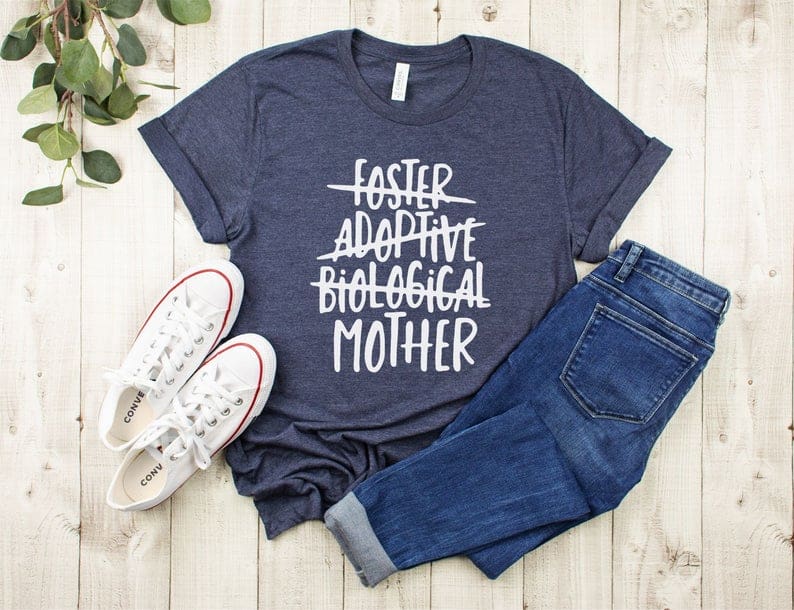Six Myths About Foster Parents
There are some common myths about foster parents that contribute to the negative view of foster care that many people have. One of the best tips for foster parents I have is to be prepared to meet these myths head-on, and be willing to educate people.

*This post contains affiliate links. Please see the full disclosure policy below.
Six Myths About Foster Parents
You have probably seen news stories about foster parents, and let’s face it, the stories are usually horrifying. The stories, like stories in other areas, are the extreme, “news worthy” cases. For every one horrible foster care situation, there are thousands of others that are positive and therapeutic. However, there are several myths about foster parents that people seem to believe that contribute to the idea that all foster parents are bad. Here are a few of them.
Foster parents are only in it for the money!
Do foster parents get paid for fostering? Well, sort of. Foster parents get paid a monthly stipend that is intended to “reimburse” them for the expenses of caring for a foster child. On average, states pay about 90-94% of the average costs for care of a child. Where does the other 6-10% come from? Usually from the foster parent’s pocket. It is true, there are some foster parents out there who do not provide for their foster children very well, but they are definitely in the minority.
If foster parents loved the foster children, they would keep them.
First, there is a love of children in general, a love that comes from God alone, that foster parents have for every child that passes through their doors. They are fully walking out part of James 1:27.
Pure religion and undefiled before God and the Father is this, To visit the fatherless and widows in their affliction, and to keep himself unspotted from the world.
James 1:27 KJV
Also, “keeping” or adopting a foster child is not always an option. Reunification is always the priority for permanence for foster children. If it is possible to reunify a child with his or her biological family, that is the goal.
Finally, some parents feel called to bridge a gap in the lives of more than just a child or two. They are the ones who will walk through the first hard days of foster care with a child and help prepare them for a new life. These parents know their calling and are prepared to walk in it. It takes an enormous amount of love to do this for a child.

They cannot have kids of their own.
Some people believe the only reason parents will become foster parents is that they cannot have biological children of their own, and cannot afford a private adoption. Though this may be the case in some situations, it is not always true. We adopted through foster care twice after having two biological children, and we know many couples who have done the same.
People become foster parents as a last resort.
Again, though foster care may be a last resort for some parents who want to start or grow their family, this is not always the case. Foster care as a practice in America has been around for over 300 years.
In 1636, less than thirty years after the founding of the Jamestown Colony, at the age of seven, Benjamin Eaton became this nation’s first foster child.
In 1853, Charles Loring Brace began the free foster home movement. A minister and director of the New York Children’s Aid Society, Brace was concerned about the large number of immigrant children sleeping in the streets of New York. He devised a plan to provide them homes by advertising in the South and West for families willing to provide free homes for these children, whether for charitable reasons or whatever help these children could be to them. In many cases, these children were placed in circumstances similar to indenture. However, Brace’s daring and creative action became the foundation for the foster care movement as it exists today.
National Foster Parent Association, The History of Foster Care in America
There are generations of children who have grown up in foster homes or have lived in homes where children were fostered who know before adulthood that they want to be foster parents.
Foster parents are only fostering to adopt.
While it is true, some foster parents are looking to begin or grow their family with children who would not otherwise have a safe home, this is not always the case. As I mentioned above, there are some foster parents who do not want to adopt. They only want to be a bridge or a safe place for a child to land for a short period of time. Many of these foster parents work with the biological parents to help them get back on their feet and be able to parent their children well.
They want to steal kids from their birth parents.
Foster parents are trained from the beginning to understand that the goal for each child in foster care is reunification if possible. Foster parents understand the importance of a family bond and want the best for each child and family. The training for foster parents includes some psychology that helps foster parents understand that breaking a bond is difficult for a child and they want to avoid that if possible.
If you have questions about Foster Parenting
You can join my Foster Care and Adoption Questions and Answers Facebook Group here and you can join my email list below for free resources and encouragement.





